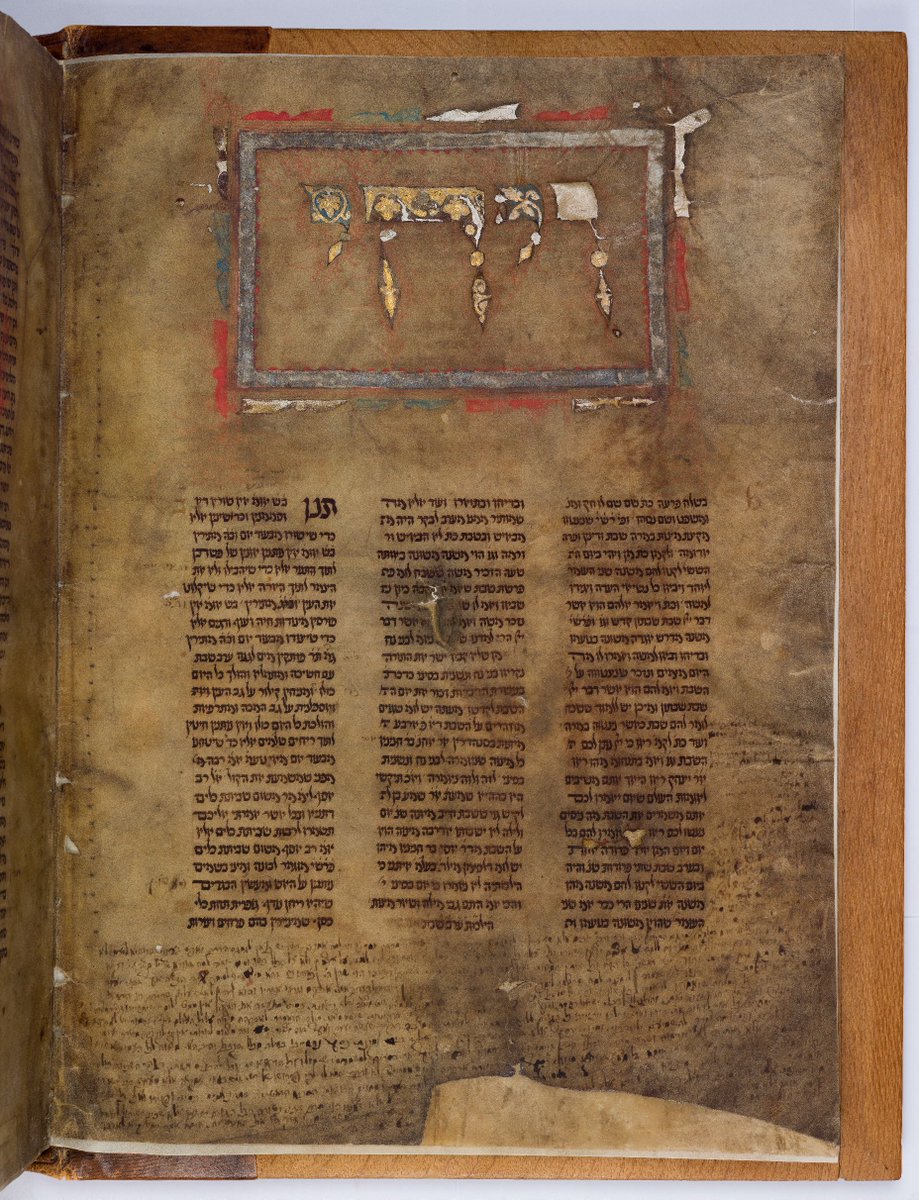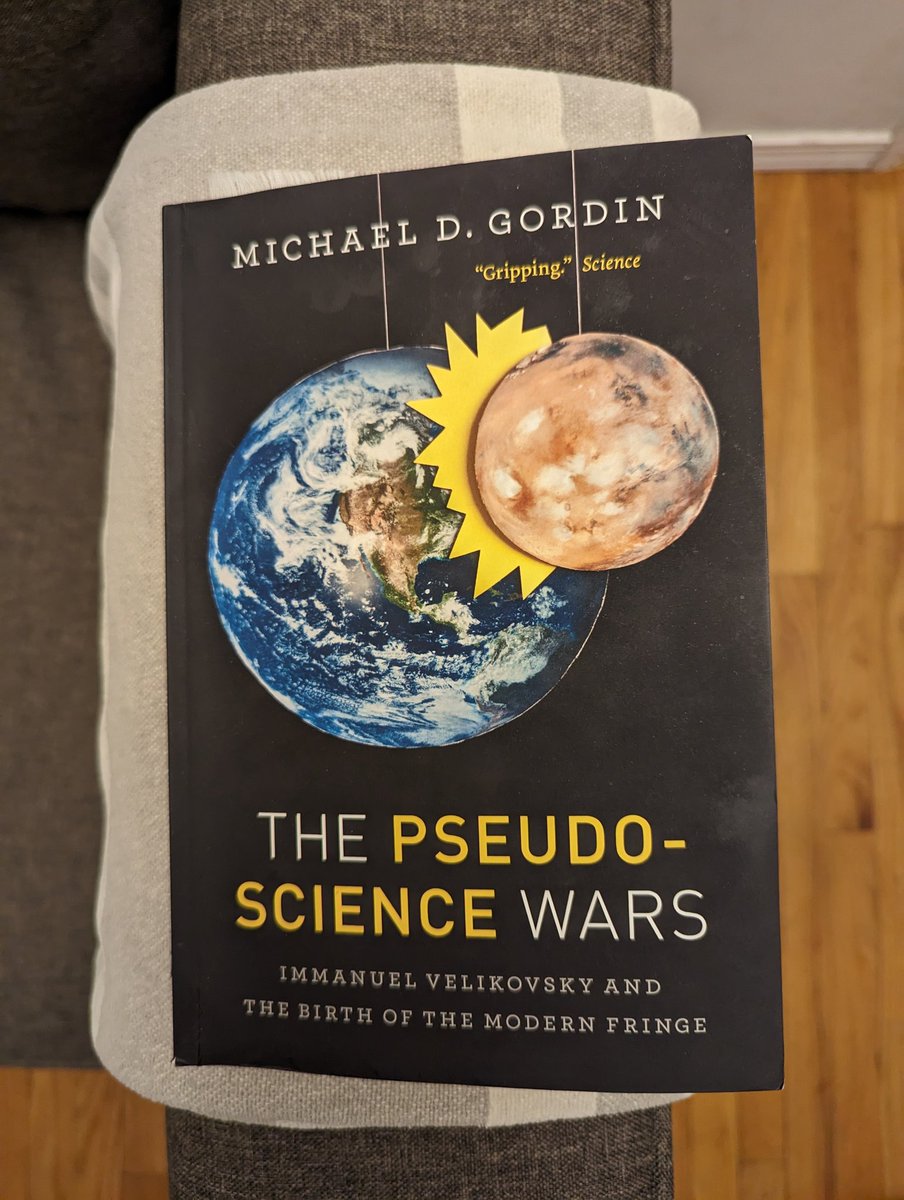
Rabbanit | PhD, Medieval & Early Modern Jewish Studies | Stories from Jewish History newsletter: https://t.co/cQrIRs4dWI | שים ספריך חבריך
3 subscribers
How to get URL link on X (Twitter) App


 The last two and a half weeks have been exhilarating, intense, exhausting, and amazing. I have LOTS of aliyah tips now. Thread coming while we wait for Wolt to deliver because you can do that motzash here! I also got a plata via Wolt. What a country.
The last two and a half weeks have been exhilarating, intense, exhausting, and amazing. I have LOTS of aliyah tips now. Thread coming while we wait for Wolt to deliver because you can do that motzash here! I also got a plata via Wolt. What a country.



 We see some of the most elaborate depictions of scenes from Tanach not in illuminated Hebrew Bibles but rather in the Sefardi haggadot that we looked at in last week's thread.
We see some of the most elaborate depictions of scenes from Tanach not in illuminated Hebrew Bibles but rather in the Sefardi haggadot that we looked at in last week's thread.https://twitter.com/tamar_marvin/status/1673191120191524865?s=20

 @Sothebys Let's start in Tverya (Tiberius). Say, 9th century.
@Sothebys Let's start in Tverya (Tiberius). Say, 9th century.

 Sforno glosses, "Is there wholeness for you in the health of the body, since indeed health is achieved in the harmony of opposing forces, which is when no force overpowers its contravening force."
Sforno glosses, "Is there wholeness for you in the health of the body, since indeed health is achieved in the harmony of opposing forces, which is when no force overpowers its contravening force."

 The images above show a modern manuscript in which handwritten leaves of Bartenura on Mishnah Avot are interspersed with the 1708 Magdeburg printed edition of Pirkei Avot (British Library Ms. Or. 10011).
The images above show a modern manuscript in which handwritten leaves of Bartenura on Mishnah Avot are interspersed with the 1708 Magdeburg printed edition of Pirkei Avot (British Library Ms. Or. 10011).


 Stuff I am now reading: "Uprooting the Timaeus: Maimonides and the Re-medicalization of Galenism"
Stuff I am now reading: "Uprooting the Timaeus: Maimonides and the Re-medicalization of Galenism"


 Manuscript: a fragment of Magen Avot (on Provençal minhag) from the Cairo Geniza, Library of the Alliance Israélite Ms. III C 48 (Paris).
Manuscript: a fragment of Magen Avot (on Provençal minhag) from the Cairo Geniza, Library of the Alliance Israélite Ms. III C 48 (Paris).
 Rabbenu Bachya's Torah commentary remains widely popular to this day, beloved for its clarity, emotional depth, ethical valence, and Kabbalistic teachings.
Rabbenu Bachya's Torah commentary remains widely popular to this day, beloved for its clarity, emotional depth, ethical valence, and Kabbalistic teachings.
 Integration of Sefaradi and Tosafist, of internal (traditional) and external ("secular"), of Kabbalah and philosophy, of public life and the world of the beit midrash. Want to understand Jewish history in the long 13th century? It's the Rashba effect.
Integration of Sefaradi and Tosafist, of internal (traditional) and external ("secular"), of Kabbalah and philosophy, of public life and the world of the beit midrash. Want to understand Jewish history in the long 13th century? It's the Rashba effect.

 Essential Papers are outdated by this point but still a killer series. Never read the Talmud one because medievalist. One thing that stands out is how basic academic Talmud has to start. Pages of (brilliant) exposition of stuff anyone who spends time with Gemara knows intuitively
Essential Papers are outdated by this point but still a killer series. Never read the Talmud one because medievalist. One thing that stands out is how basic academic Talmud has to start. Pages of (brilliant) exposition of stuff anyone who spends time with Gemara knows intuitively

 That's a real, colorized photograph of the main street of Kairouan (al-Qayrawan), where Rabbenu Chananel lived, from c. 1899. It's by Photoglob Zürich and is now in the Photochrom Print Collection at the U.S. Library of Congress. Doesn't it look like CGI?
That's a real, colorized photograph of the main street of Kairouan (al-Qayrawan), where Rabbenu Chananel lived, from c. 1899. It's by Photoglob Zürich and is now in the Photochrom Print Collection at the U.S. Library of Congress. Doesn't it look like CGI?

 Yitzchak Or Zarua referred to his native land, as did his countrymen, by the unflattering moniker "the land of Canaan." Medieval Bohemia was, indeed, the hinterland of Ashkenaz, much different from the cosmopolitan region it would grow into later on.
Yitzchak Or Zarua referred to his native land, as did his countrymen, by the unflattering moniker "the land of Canaan." Medieval Bohemia was, indeed, the hinterland of Ashkenaz, much different from the cosmopolitan region it would grow into later on.



 Never backing down from an argument, leaving his fingerprints all over the Talmud, Rabbenu Tam declared his views with confidence.
Never backing down from an argument, leaving his fingerprints all over the Talmud, Rabbenu Tam declared his views with confidence.
 I picked up this book because of a topic I'm a little obsessed with, how and why - and therefore where - do we draw the line of legitimate knowing (aka epistemology, aka the demarcation problem)? It explores this question through the strange case of Dr. Immanuel Velikovsky.
I picked up this book because of a topic I'm a little obsessed with, how and why - and therefore where - do we draw the line of legitimate knowing (aka epistemology, aka the demarcation problem)? It explores this question through the strange case of Dr. Immanuel Velikovsky.